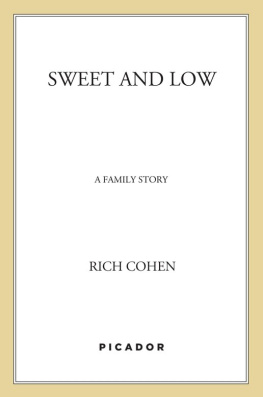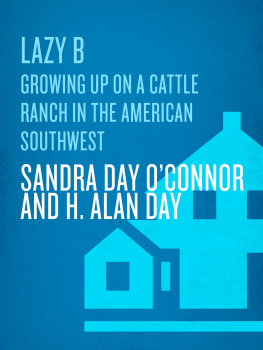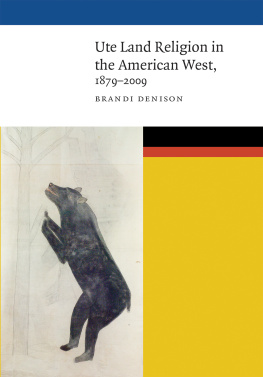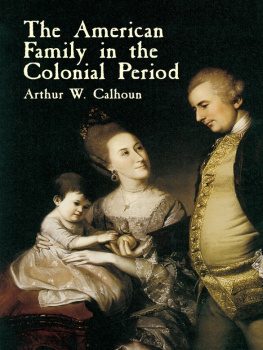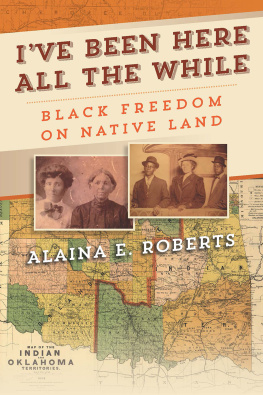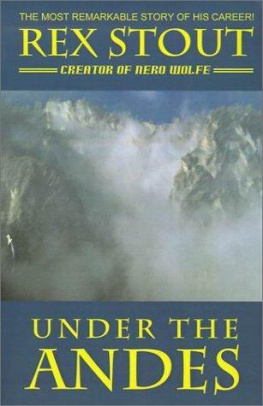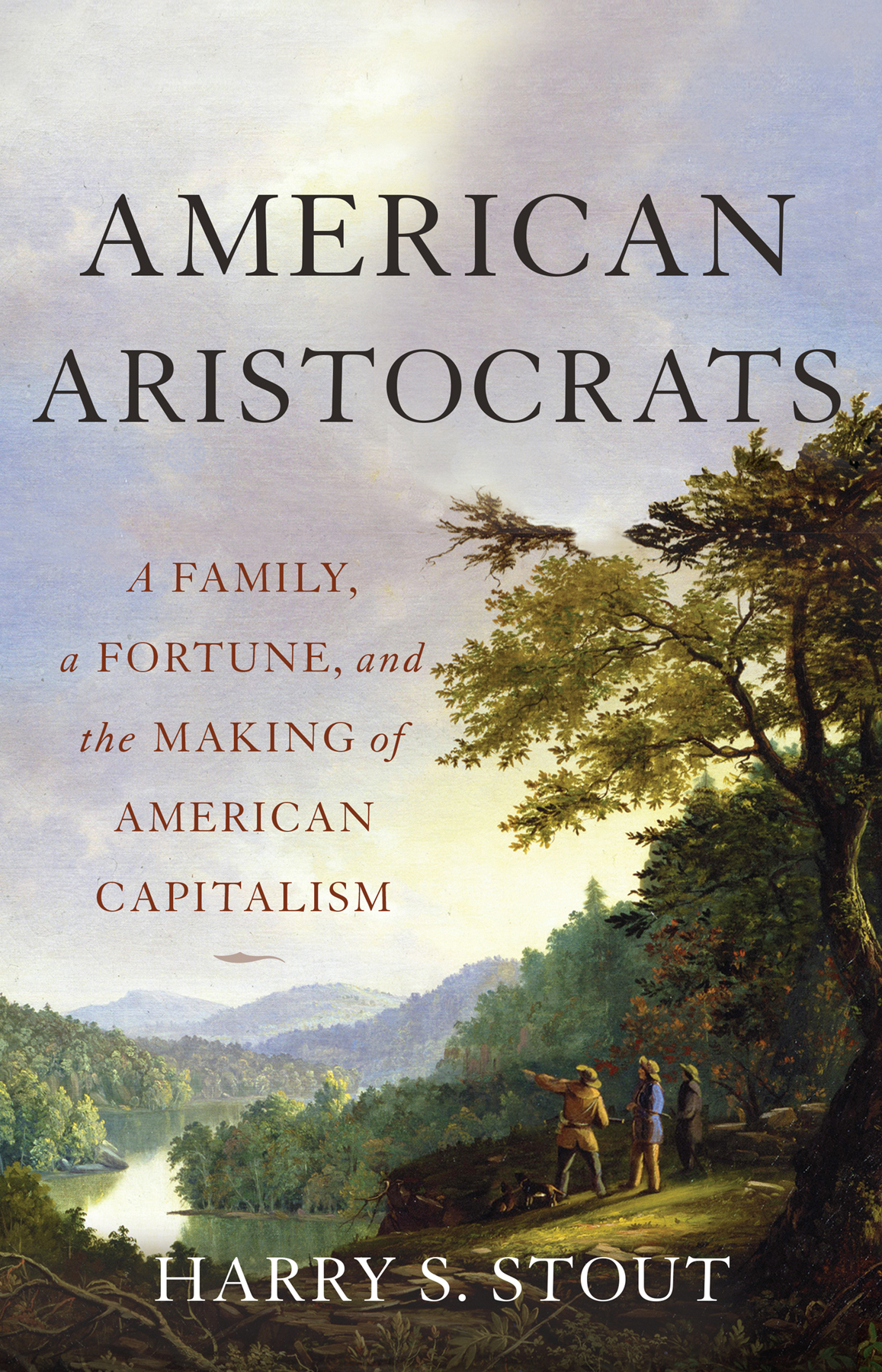Copyright 2017 by Harry S. Stout
Hachette Book Group supports the right to free expression and the value of copyright. The purpose of copyright is to encourage writers and artists to produce the creative works that enrich our culture.
The scanning, uploading, and distribution of this book without permission is a theft of the authors intellectual property. If you would like permission to use material from the book (other than for review purposes), please contact permissions@hbgusa.com. Thank you for your support of the authors rights.
Basic Books
Hachette Book Group
1290 Avenue of the Americas, New York, NY 10104
www.basicbooks.com
First Edition: November 2017
Published by Basic Books, an imprint of Perseus Books, LLC, a subsidiary of Hachette Book Group, Inc.
The Hachette Speakers Bureau provides a wide range of authors for speaking events. To find out more, go to www.hachettespeakersbureau.com or call (866) 376-6591.
The publisher is not responsible for websites (or their content) that are not owned by the publisher.
The Library of Congress has cataloged the hardcover edition as follows:
Names: Stout, Harry S., author.
Title: American aristocrats : a family, a fortune, and the making of American capitalism / Harry S. Stout.
Description: New York : Basic Books, [2017] | Includes bibliographical references and index.
Identifiers: LCCN 2017022134 (print) | LCCN 2017035453 (ebook) | ISBN 9780465098996 (ebook) | ISBN 9780465098989 (hardcover)
Subjects: LCSH: Anderson, Richard C. (Richard Clough), 17501826Family. | Anderson, Richard Clough, 17881826. | Elite (Social sciences)United StatesCase studies. | WealthUnited StatesCase studies. | LandownersUnited StatesCase studies. | CapitalismUnited StatesHistory19th century. | United StatesHistory19th century. | United StatesPolitics and government19th century.
Classification: LCC E207.A5 (ebook) | LCC E207.A5 S76 2017 (print) | DDC 973.5dc23
LC record available at https://lccn.loc.gov/2017022134
ISBNs: 978-0-465-09898-9 (hardcover); 978-0-465-09899-6 (e-book)
E3-20171013-JV-PC
American Aristocrats introduces the absorbing family story of the Andersons and their westward movement. More than that, it illuminates the centrality of land acquisition and capital to the development of the nation, focusing on the winners and losers, the patriarchs and the women who kept families intact across distances. In sparkling and elegant prose, Harry S. Stout prompts us to sober reflection on the greatest land grab in US history.
L AURIE M AFFLY- K IPP, W ASHINGTON U NIVERSITY IN S T. L OUIS
Harry S. Stouts chronicle of an extended familys rise to wealth and influence documents the innumerable ways American prosperity was rooted in native dispossession and African American enslavement. This compelling history reminds us once again that the personal has always been political.
J OHN M ACK F ARAGHER, H OWARD R . L AMAR P ROFESSOR OF A MERICAN H ISTORY E MERITUS, Y ALE U NIVERSITY
As in a sweeping, multigenerational historical novel, in American Aristocrats, characters the reader comes to know intimately brush up against famous historical figuresGeorge Washington, Henry Clay, Robert E. Lee, and many more. The Andersons are not fictional creations, however, but real people who left an extraordinary collection of letters and diaries that Harry S. Stout exploits with rare skill. In this intertwined history of family and nation, we see the Andersons trying to make sense of their lives as they experience the great events of the age, from the Revolution through the collapse of Reconstruction. Through the Andersons, who built their fortune primarily through the anxious acquisition of land, Stout explores the personal dynamics of American expansion and how middling white men experienced the rise to wealth and power.
C HRISTOPHER G RASSO, PROFESSOR, D EPARTMENT OF H ISTORY, C OLLEGE OF W ILLIAM AND M ARY
Harry S. Stouts insightful story of the Andersons and their times illuminates the very personal ways privilege and acquisitiveness have operated in the capitalist United States. American Aristocrats is an important work that enables readers to understand how the past shapes the present.
R ICHARD D . B ROWN, AUTHOR OF S ELF- E VIDENT T RUTHS: C ONTESTING E QUAL R IGHTS FROM THE R EVOLUTION TO THE C IVIL W AR
Harry S. Stouts story of the Anderson family provokes a new understanding of American social life from the War for Independence through Reconstruction. Avoiding simplistic moralization, he reveals a family history shot through with ambiguity as its members seek land and more land on the frontiers of Kentucky and Ohio: democratic aspirations and disregard for the lives of native inhabitants, heroic successes and speculative failures, family tenderness and constant warfare, capitalist opportunities and crushing anxieties. This account of American, land-based capitalism offers marvelous insights given through a compelling narrative.
M ARK V ALERI, J OHN C . D ANFORTH C ENTER ON R ELIGION AND P OLITICS, W ASHINGTON U NIVERSITY IN S T. L OUIS
To my wife, Debbie, who was there through it all.
Do you stand there, Scarlett OHara, and tell me that Tarathat landdoesnt amount to anything? Land is the only thing in the world that amounts to anything, he shouted, his thick, short arms making wide gestures of indignation, for tis the only thing in this world that lasts, and dont you be forgetting it! Tis the only thing worth working for, worth fighting forworth dying for.
M ARGARET M ITCHELL, G ONE WITH THE W IND
T his is the story of a family named Anderson. But unlike in many conventional family histories, the protagonist in this story is land and the theme is anxiety over acquiring and holding the wealth that land represents. Though largely invisible in American history texts and secondary monographs, the Andersons left a substantial corpus of letters and writings that speak to the evolution of the American gospel of private property and accumulated wealth. In all there are more than two thousand surviving letters and diaries in key archives stretching from Richmond, Virginia, to Pasadena, California. Only one AndersonGeneral Robert Anderson of Fort Sumter famesurvives in historians memory, but his kinsmen and kinswomen were notable as well for what they achieved on the early American frontier of Kentucky and Ohio. Together the letters and diaries tell a crucial but largely untold personal story of the making of the early American republics social, political, and economic infrastructure from national origins through the Civil War.
Neither the Andersons nor their more storied associates were aristocrats enjoying inherited power, wealth, and status. The men were hardworking, ambitious people who believed passionately in the promise of America and in cashing in socially, politically, economically, and culturally on their privilege as free white men. It is not the story of nineteenth-century titans like John Jacob Astor or Marshall Field but rather of a forgotten family who came to be part of the nations financial elite. They lived at the intersection of the traditional and the modern, where people still interacted in local, face-to-face networks, knew each other, and identified themselves and other local families in hierarchies of property and authority. In many ways Washington, DC, itselfa city of eight thousand people in 1800 that grew to seventy-five thousand by 1860was a place where longtime inhabitants knew each other. Leaders, including Congressman Richard Clough Anderson Jr., General Robert Anderson, and attorney Larz Anderson, dwelled in a select world of intertwined elites.


